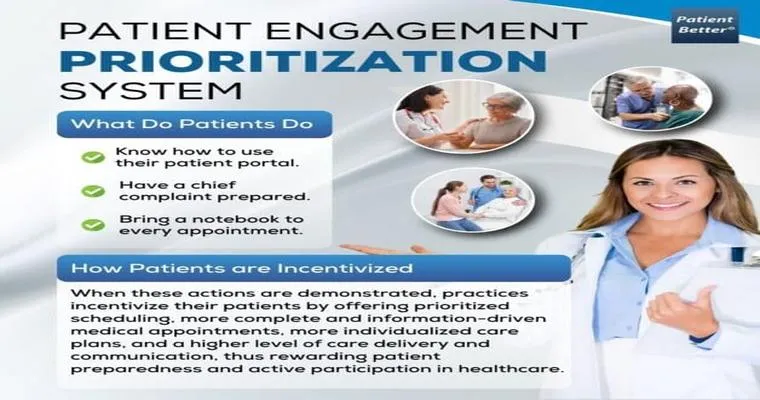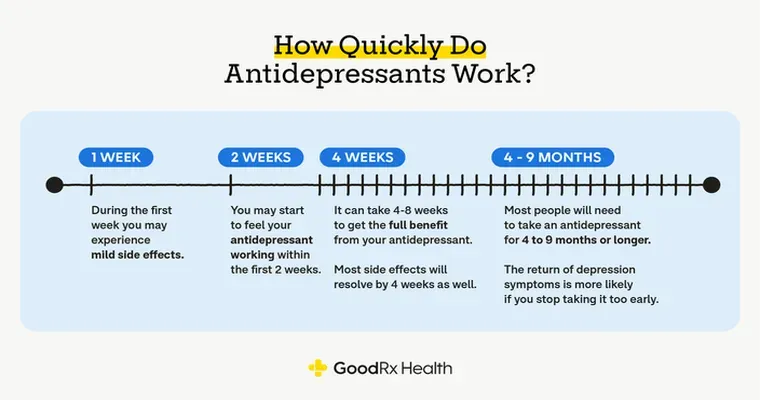Being a "better patient" is crucial for achieving optimal health outcomes and enhancing the overall healthcare experience. Understanding how to effectively communicate with your healthcare provider, manage your own health, and be proactive in your care can make a significant difference. In this article, we will explore practical tips and strategies to help you become a more engaged and informed "patient".
Understand Your Health Conditions
The first step in being a better patient is to educate yourself about your "health conditions". Knowledge is power, and understanding your diagnosis can help you make informed decisions about your treatment options. Take the time to research your condition, ask questions, and discuss any concerns with your healthcare provider. This proactive approach will not only empower you but also facilitate more productive conversations during your appointments.
Keep an Organized Medical Record
Maintaining an "organized medical record" is essential for tracking your health history and treatments. This record can include your medical history, medications, allergies, and previous test results. Having this information readily available during appointments can help your healthcare provider make informed decisions and tailor your treatment plan to your specific needs. Consider using a digital tool or app to keep your records updated and easily accessible.
Communicate Openly with Your Healthcare Provider
Effective communication is a cornerstone of being a better patient. Be honest and open about your symptoms, concerns, and any challenges you face regarding your treatment. If you have questions or do not understand something, do not hesitate to ask for clarification. Clear communication can lead to better diagnosis and treatment, ensuring that you receive the care that is right for you.
Prepare for Your Appointments
Preparation is key when it comes to making the most of your healthcare visits. Before your appointment, write down any questions or topics you want to discuss. Bring your medical records and a list of medications you are currently taking, including over-the-counter drugs and supplements. This preparation will help you stay focused during your appointment and ensure that you address all your concerns.
Follow Your Treatment Plan
Once you have a treatment plan in place, it is essential to follow it closely. This includes taking medications as prescribed, attending follow-up appointments, and adhering to any recommended lifestyle changes. If you experience side effects or have difficulty following the plan, communicate this with your healthcare provider. They can help adjust your treatment to better suit your needs.
Be Proactive About Preventive Care
Being a better patient means taking an active role in your health, which includes being proactive about "preventive care". Schedule regular check-ups, vaccinations, and screenings as recommended by your healthcare provider. These preventive measures can help catch potential health issues early and maintain your overall well-being.
Practice Self-Care
Self-care is an essential component of being a better patient. Prioritize your physical and mental health by incorporating healthy habits into your daily routine. This can include eating a balanced diet, exercising regularly, managing stress, and getting enough sleep. Taking care of yourself can improve your ability to manage your health conditions and enhance your overall quality of life.
Seek Support
Don’t hesitate to seek support from family, friends, or support groups. Having a strong support system can help you navigate the challenges of being a patient. Whether you need someone to accompany you to appointments, help you understand your treatment plan, or simply provide emotional support, reaching out to others can make a significant difference in your healthcare journey.
Conclusion
Becoming a better patient is a proactive and collaborative process that requires effort, communication, and education. By understanding your health conditions, maintaining organized medical records, communicating openly with your healthcare provider, and prioritizing self-care, you can enhance your healthcare experience and achieve better health outcomes. Remember, being an engaged patient is not just about following orders; it's about taking charge of your health and working together with your healthcare team to achieve your wellness goals.





